On December 9, the European Union in Burundi and the Ministry of Justice jointly welcomed the contract signing of three projects for the support of the justice sector. They will involve Enabel, Dutch Embassy, Libraries Without Borders and implementation partners from the civil society. All are committed to improving judicial services in Burundi.
Funded by European Union for an amount of 15 million euros, these projects aim at strengthening judicial services so that they can provide quality services to the population, support the digitization of these services in the pilot provinces, strengthen the council of neighborhood notables, and promote access to justice with particular emphasis on vulnerable people.
“The Ministry of Justice and the European Union Delegation to Burundi are delighted with the cooperation between the two institutions which has resulted in the contract signing of three projects for the support of the justice sector, which will also involve international and local organizations working in this sector,” reads a joint press release by the two institutions on December 13.
“The European Union is happy to support Burundi in this program which will enable it to further anchor governance reforms,” said Ambassador Claude Bochu, Head of the European Union delegation to Burundi, during a dinner organized, on December 9, with the Ministry of Justice after the signing of contracts with the three implementing partners of these projects.
He recalled that justice occupies a special place in the priorities of the President of the Republic of Burundi and in the national development program (PND). According to him, justice is the cornerstone in governance reforms.
He said he is delighted with the signing of the contracts with the implementing partners: “We are pleased with the signing of these three contracts to modernize, train, digitize and improve judicial services. It is important that we have succeeded in developing this program.”
For him, the contracts’ signing is an excellent news for relations between the European Union and Burundi, and an additional example of this relationship’s cementing: “This would not have been possible without the resumption of political dialogue and the lifting of measures taken against Burundi.”
Ambassador Claude Bochu said he appreciated the collaboration with the Ministry of Justice in the development and implementation of this program: “We worked together with the Ministry of Justice. It was involved from the first consultations.”
He believes that this program will be beneficial for Burundian litigants: “This program will help the ministry to meet some challenges, especially the digitization of judicial services which is very important.”
For him, there are many challenges to be met in the Burundian judicial system. However, he indicated that these projects cannot completely reform the Burundian judicial system. He calls on other donors to support this sector.
Legal assistance to vulnerable people among priorities
For the Dutch Embassy in Burundi, the NGO Cordaid will focus on the implementation of the project that aims at giving access to justice to the Burundian population, in particular the most vulnerable people, through legal assistance and capacity building for local communities. It will intervene in the provinces of Makamba, Kirundo, Ruyigi, Bujumbura and Bujumbura township.
“We will provide free lawyers to the most vulnerable populations so that they can defend themselves when they come into contact with justice. These lawyers will assist vulnerable people such as women living alone with their children for their land rights,” explains Zarir Merat, Country Director of Cordaid. For this aspect of legal assistance, Cordaid will work with the bars of Bujumbura and Gitega.
In addition to legal assistance, he says that this project will also support the capacity building of notables recently elected in all neighborhood of the country.
He regrets that there are still many detainees who stay in prison for a long time, because no one is advocating for them. Hence, Cordaid will work with the Ntabariza association and the penitentiary direction to improve the living conditions of prisoners, he adds.
According to him, the justice sector had been neglected since 2015 and did not attract development partners and international organizations as they intervened a lot in the sectors of health, education and agriculture. For him, there must be justice so that people can access the rest.
Regarding the sustainability of this project, he recommends the capacity building for local partners and organizations so that they can ensure continuity without resorting to the support of international organizations.
For him, the question of sustainability is crucial in Burundi: “There are a lot of projects, but once the project is over, things stop. It is important that the Burundian partners are involved under the leadership of the Ministry of Justice.”
Zarir Merat hopes that donors will give other funds to extend these projects to other provinces, if the collaboration between the Ministry of Justice, local partners and international organizations works well.
The digitization of judicial services on the menu of expectations
The NGO Libraries Without Borders, which is among the implementing partners of these projects for the support of the justice sector, will deal, among other things, with the digitization of judicial services.
“The advantage of digitizing judicial services is to have a central database of all criminal files which are stored in a database that can be accessed by everyone. Thus, they can be updated over time,” says Benjamin Gausset, head of mission of Libraries Without Borders in Burundi. For him, this avoids the loss of physical files that are often victims of natural disasters.
In addition, he explains that digitization will help relieve overpopulation in prisons: “It will make it possible to speed up the holding of trials in order to reduce the number of prisoners. Files will be processed more quickly.” He hopes that this project will be extended to all provinces of the country after these three years of implementation.
On its side, the Belgian Development Agency (Enabel) will support various sectors, in particular the archiving of criminal files, training for officials from the Ministry of Justice, the improvement of prison conditions and the rehabilitation of penitentiary centers.
“We are going to support the rehabilitation of prison centers through infrastructure works, the rehabilitation of buildings to improve the prison environment,” said Abou El Mahassine Fassi-Fihri, resident representative of Enabel in Burundi.
According to him, the prisons’ overpopulation in Burundi is estimated at more than 180%: “We will work with the Ministry of Justice to improve the detention conditions and reduce this prisons’ overpopulation.”
He underlines that the support of the Belgian Development Agency will focus on supporting the professional training centers for justice (CFPJ) through training, capacity building for the officials in different departments of the Ministry within the ongoing modernization.
“We are going to support the action plan of the General Directorate of Penitentiary Affairs (DGAP). There will be training and capacity building.”
According to him, Enabel will also support the process of archiving court records in several jurisdictions in the pilot provinces to help citizens have easier and faster access to their criminal records.
“The support of partners is still necessary”
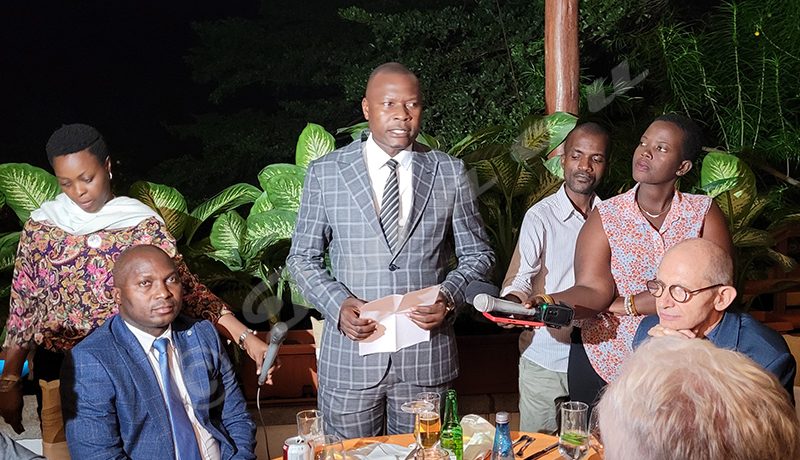
“The way in which the representatives of European Union have collaborated with the Ministry of Justice in the design of the projects has already reassured us of its commitment to support the justice sector,” says Gervais Hajayandi, permanent secretary in the Ministry of Justice.
He thanked the Ambassador of the European Union to Burundi, Claude Bochu, “for his leadership in contributing to the development of the country.”
For him, the signing of contracts with the three implementating partners of the three projects is an obvious sign of the support of the European Union in strengthening the rule of law in Burundi.
Gervais Hajayandi said that the Ministry of Justice has other projects classified as priorities for which the support of major partners such as the European Union remains necessary: “These include the continued digitization of judicial services, construction and rehabilitation of courts and prisons, equipment support, etc.”
He hopes that in the near future, the implementation of these three projects will extend to other provinces of the country in addition to the pilot provinces: “Our concern is to see the partnership between the European Union and the Ministry of Justice last a very long time beyond the three years planned for the execution of the three pilot projects.”
These projects will start in January 2023 for a three-year implementation period. They will be carried out in the provinces of Bujumbura, Ngozi, Cibitoke, Muramvya, Mwaro, Cankuzo, Makamba, Muyinga, Kirundo, Ruyigi and Karusi.
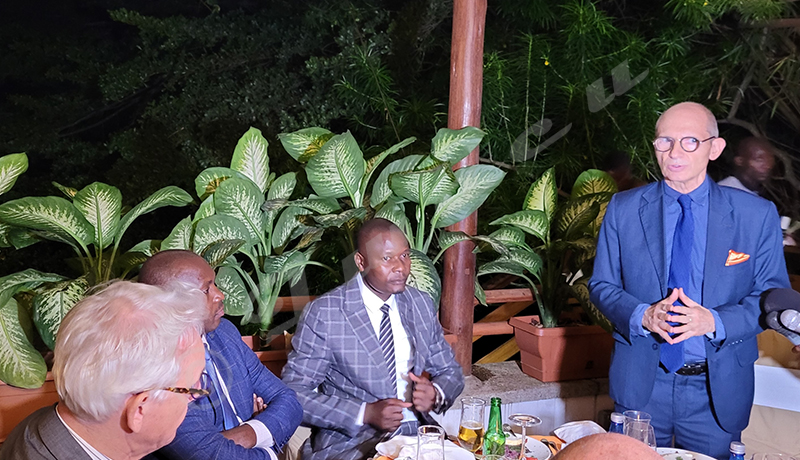
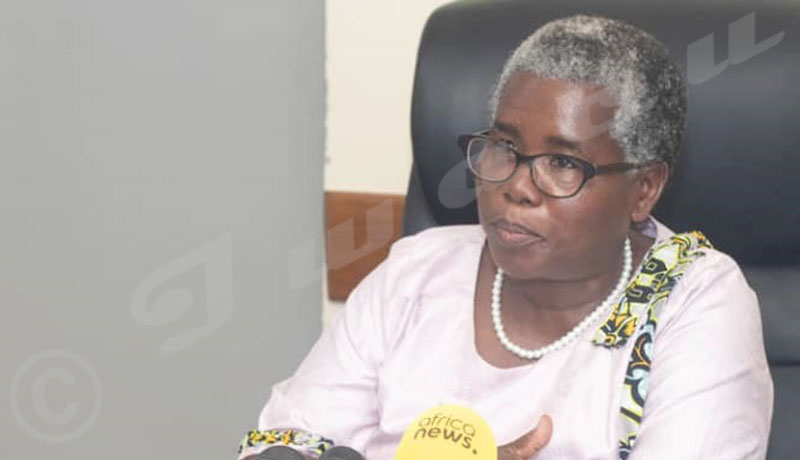
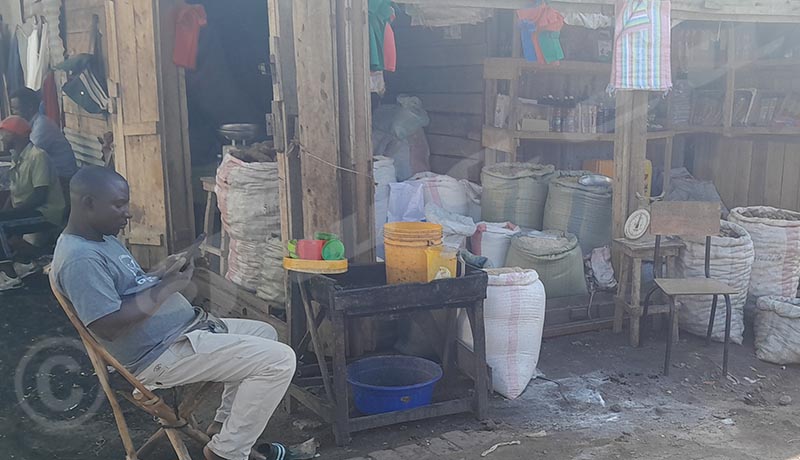
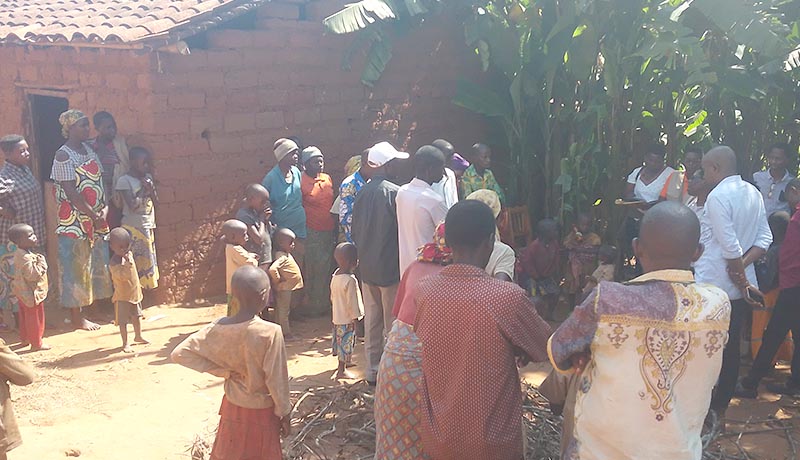
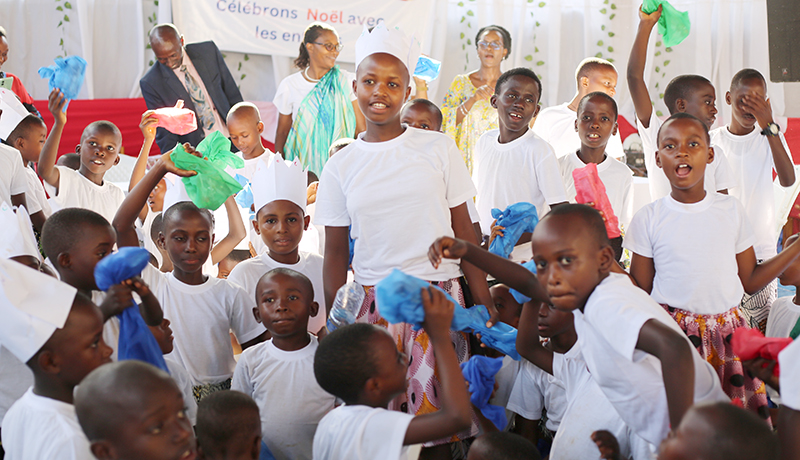

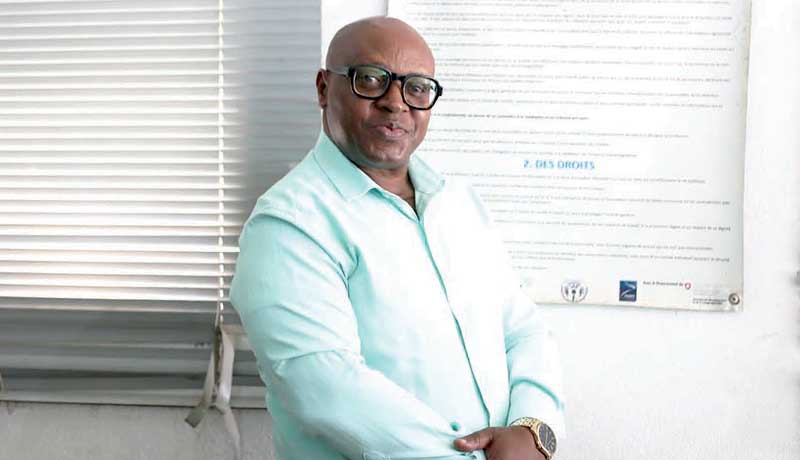



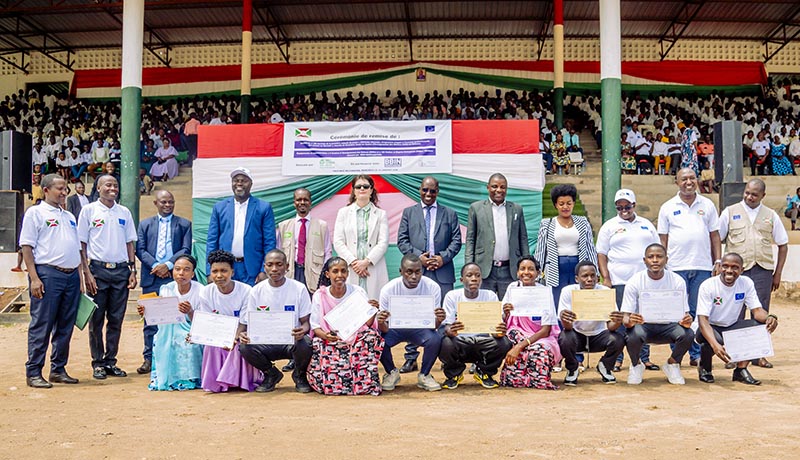


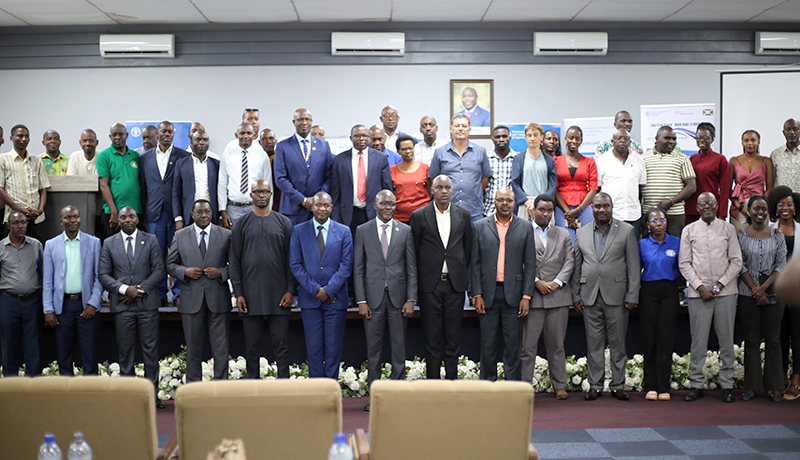






Que sait faire l’africain si tout même la justice doit venir de l’extérieur.Comment respecter les africains qui ne savent rien faire?Pourtant tradionnellement nous avons nos institutions judiciaires!Que fait l’UE dans nos affaires intérieures?Je m’intérroge seulement sur nos capacités intellectuelles!